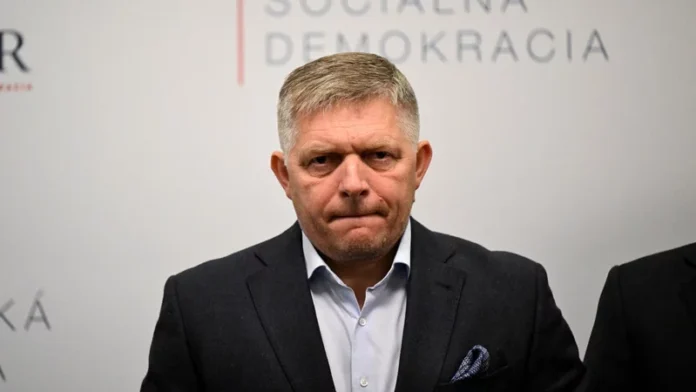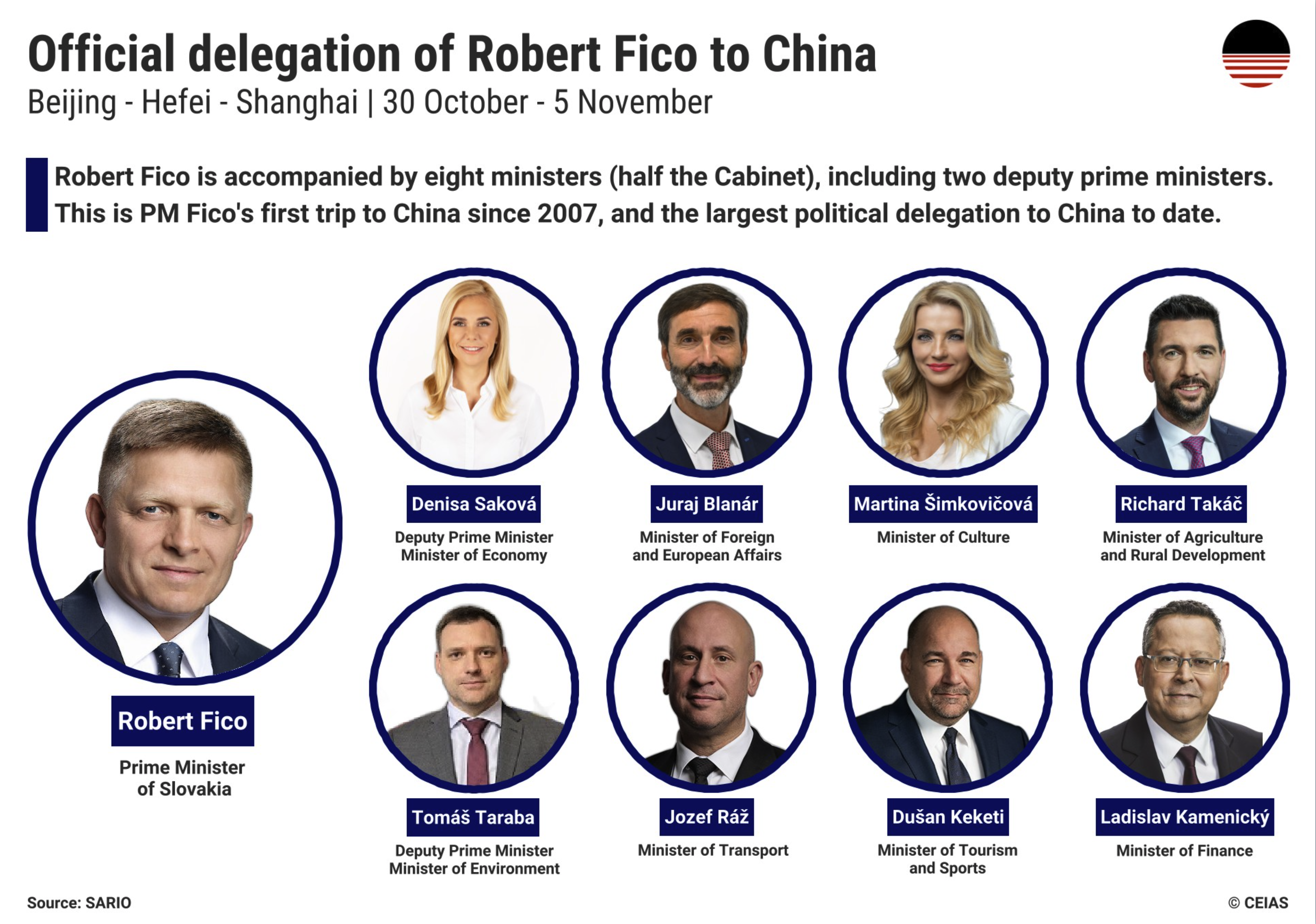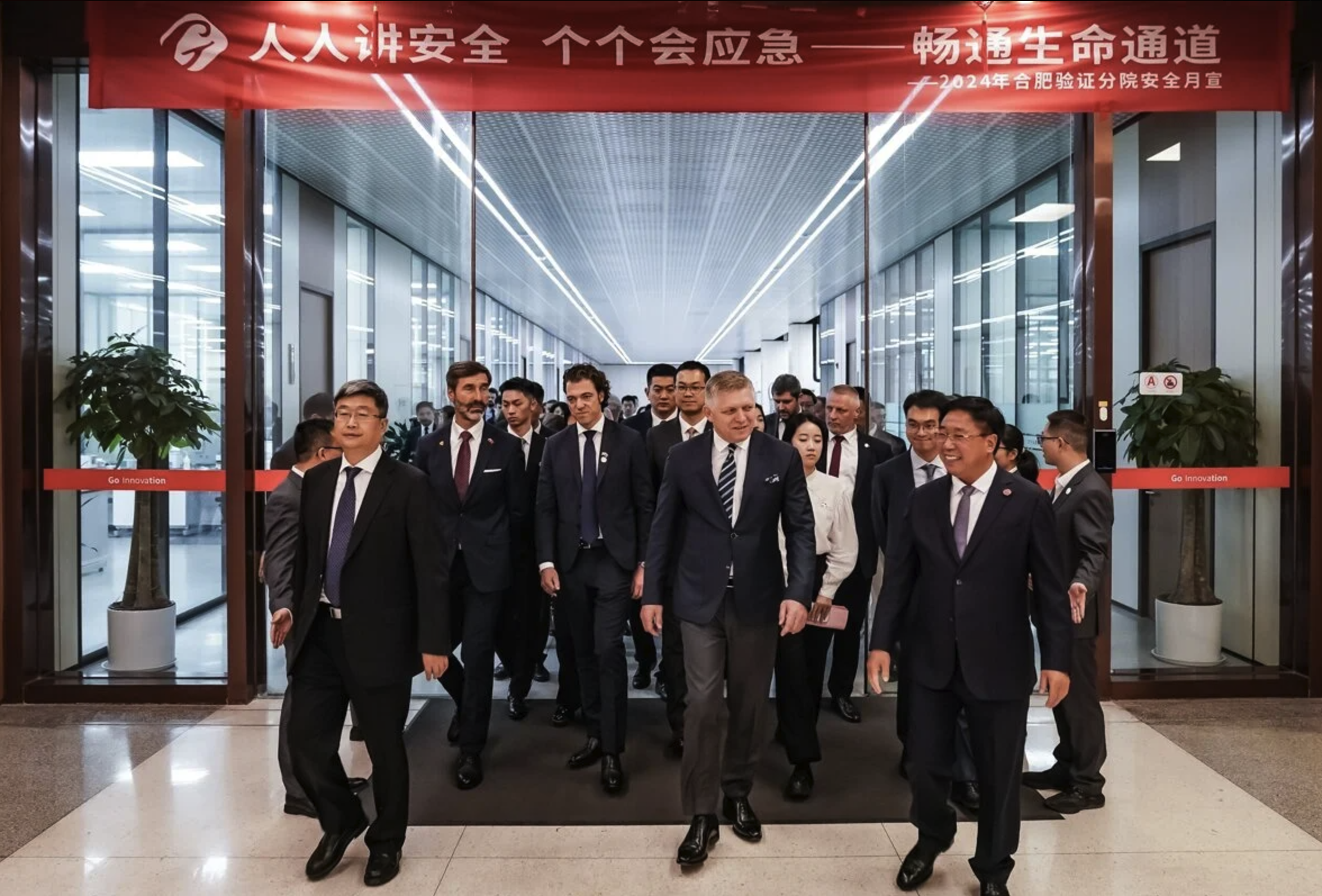October 2024 saw an unprecedented series of challenges to Slovakia’s democratic framework, encompassing legislative manoeuvres, attacks on civil society, and escalating crises in healthcare and governance accountability.
These developments are chronicled by Zeitgeist, an English newsletter published by VIA IURIS, which highlights the dramatic political shifts in Slovakia since the parliamentary elections of September 2023. The current government, led by Prime Minister Robert Fico in coalition with SMER-SD, HLAS-SD, and the nationalist SNS party, has been marked by sustained attacks on institutions guaranteeing the rule of law, public oversight, and civil society.
Freedom of Information Under Attack
A proposed amendment to the Freedom of Information Act, spearheaded by MPs from the Slovak National Party (SNS), aims to impose vague and restrictive conditions on information access. Provisions like “exceptionally extensive information search” lack definition, enabling arbitrary fee imposition and denials. The bill bypassed standard procedural safeguards, raising fears of government secrecy.
Adding to these concerns, a new amendment introduces “limited information” as a classification within the Classified Information Protection Act. Despite safeguards included following public protests, the measure may still curtail constitutional rights by complicating access to judicial remedies, particularly for civil society actors.
Crackdown on Civil Society and Environmental Advocacy
Slovakia’s “foreign support” bill threatens to stigmatise NGOs receiving foreign funding, with reporting requirements that risk violating constitutional protections on freedom of association. Lacking transparent justification, this legislation bypassed consultation with civil society, fuelling concerns over potential misuse against government critics.
Environmental advocacy faces additional challenges with amendments aimed at excluding public participation in nature protection proceedings. These changes flout Slovakia’s obligations under the Aarhus Convention, weakening protections against harmful development and reducing public oversight of construction and logging projects.
Intimidation of Public Officials
The independence of Slovakia’s Whistleblower Protection Office has come under direct attack from Defence Minister Robert Kaliňák. His public criticism of the office’s head, Zuzana Dlugošová, and plans to file a criminal complaint underscore a troubling trend of political intimidation aimed at weakening independent oversight.
Shifting Geopolitical Stances and Controversial Appearances
Prime Minister Robert Fico’s appearance on Russian state television has sparked outrage, as he criticised Ukraine’s allies and praised Russia’s Victory Day celebrations. Fico’s statements signify a stark departure from Slovakia’s previous stance of military support for Ukraine, raising concerns about Slovakia’s role within the European Union and NATO.
Judicial Integrity Under Fire
Members of Slovakia’s Judicial Council have levelled unsubstantiated criticisms at the Supreme Administrative Court, questioning its financial practices and employee benefits. The court has dismissed these claims as attempts to undermine its legitimacy and independence, a recurring theme amid broader attacks on judicial institutions.
Parliamentary Discord and Coalition Struggles
The SNS faced a blow with the loss of parliamentary caucus status following defections by far-right MPs. In response, PM Fico’s manoeuvring secured the party a replacement MP to maintain coalition functionality. Meanwhile, controversies surrounding the absenteeism of rogue MPs stalled legislative progress.
Healthcare Crisis Escalates
Slovakia’s healthcare system is in turmoil, as 2,500 hospital doctors threaten mass resignations. The government’s failure to address longstanding systemic issues, coupled with controversial privatisation plans, has exacerbated tensions with medical professionals, deepening public dissatisfaction.
Rapid Passage of Economic Legislation
The government’s fast-tracked approval of a €2.7 billion consolidation package bypassed standard legislative processes, allowing minimal parliamentary debate. This expedited process raises transparency concerns and sets a worrying precedent for governance under PM Fico’s administration.
Prime Minister’s Assassination Investigation Lacks Transparency
The investigation into an alleged assassination attempt on PM Fico remains opaque, fuelling allegations of politicisation. Critics worry the case is being manipulated to target opposition figures, undermining trust in Slovakia’s law enforcement and intelligence agencies.
Source: Via Iuris








